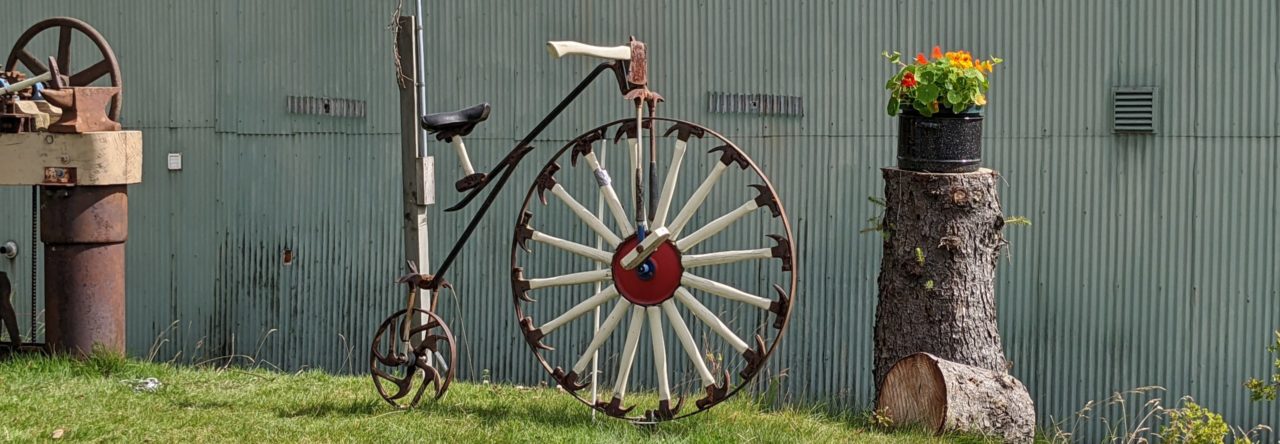But in the end, it doesn’t matter. I don’t think anything I did would have necessarily changed anything. I’m hearing stories like mine everywhere (even the Vice President is similarly struck). I think this variant is just super-contagious and gets around barriers.
This illness does not mess around and we don’t know what the long term effects are. I’m so bummed out that, after over 2 years of assiduously avoiding it, I got sick.
Covid Tales – Coming Out the Other Side
I am about a week and a half into it and yesterday I tested negative for the first time since April 22nd. My energy level is nonexistant. The headaches come and go making focus very difficult.
I have patches where I feel pretty good and then immediately feel overwhelmed and exhausted. I need a nap after every meeting. Work is extremely taxing.
I am scared of long covid. It’s exhausting to have been so careful. Trying to make the best decisions we could and to still end up sick. We’ve avoided large gatherings. We don’t go out. I work from home and rarely leave the house. My wife works with a population that is already suspectible and maintains extreme because getting sick for her and interacting with folks she works with could easily mean death.
After going nowhere, doing nothing and generally trying to be a bubble of health in a county with nearly 90% vaccination rate and 95% partially vaccinated populace. We left that bubble and took a weekend trip and returned with Covid. Even on the trip we masked, we stayed in an isolated cabin. We were around enough people while eating and outdoors that it could have come from anywhere.
I know more people who have been cautious that have ended up sick recently. Anecdotally, I know more people who are sick now that have avoided it for the past two years. Maybe it’s simply a numbers game. We made it through the first waves and finally one found its way in. Or the new variants, aided by removal of restrictions, and two years of incubation, has gotten better at infecting people
For the first time in my life I took an entire week off work and could have easily taken another week (or two?) off to recover. And if I lived in a civilized country I might have had that option. we have no federal legal requirements for paid sick leave.
I think about this a lot.


